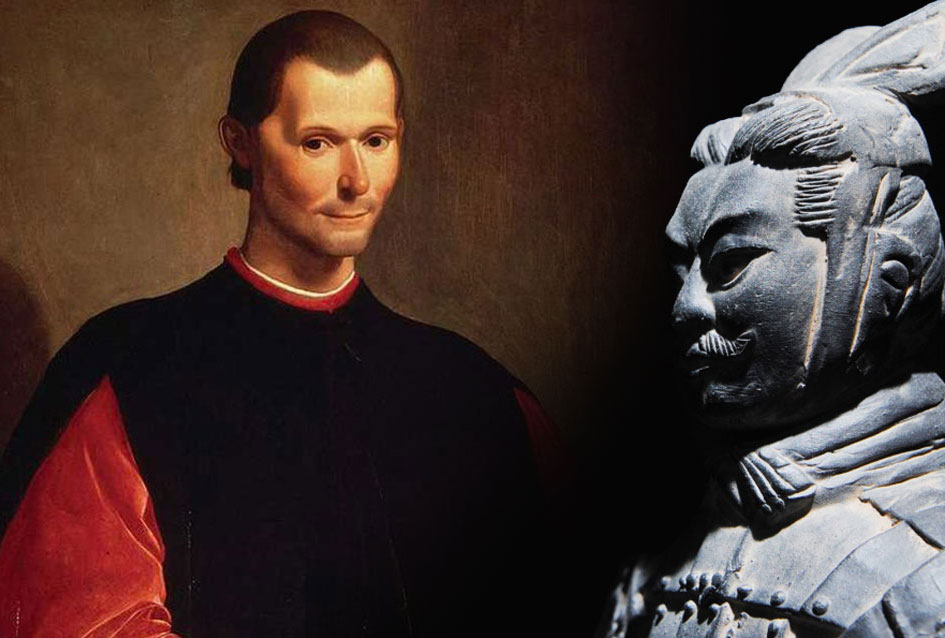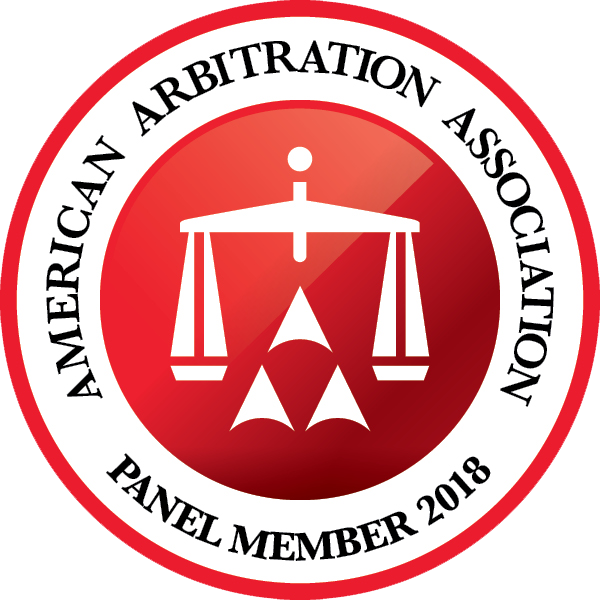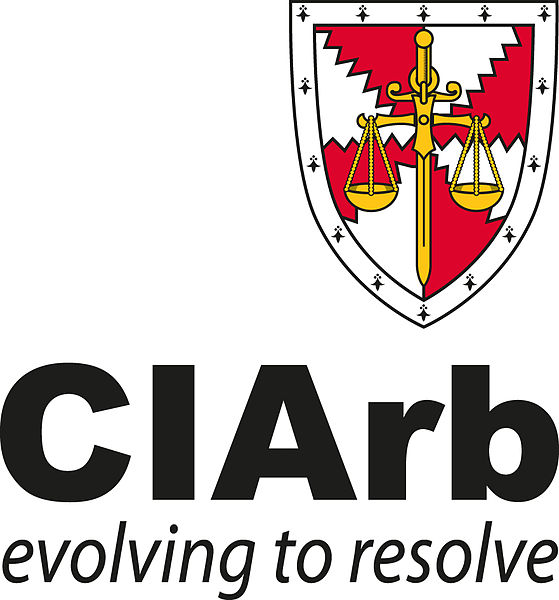Daily Journal Profile: Greg Derin Breaks Logjams With a Magic Touch
Published in Daily Journal
Described by one attorney as having the “mediator’s magic,” Greg Derin employs his knowledge of entertainment, intellectual property and employment law to mediate cases.
“You’re sitting there in that room, waiting to hear how the other side’s going to respond to your proposal, and you’re saying to yourself, there’s no way they’re going to come down to the number you want,” said entertainment attorney Michael E. Weinstein, for whom Derin has settled seven cases. “Somehow, Greg comes walking in with a smile on his face. That’s his signature thing – when he’s got that smile, you know he got them to make a big move.”
Derin is far less mystical in describing his approach to mediation. In addition to his requisite legal knowledge, Derin said he finds it necessary to have a healthy respect for the emotional aspects of the work.















